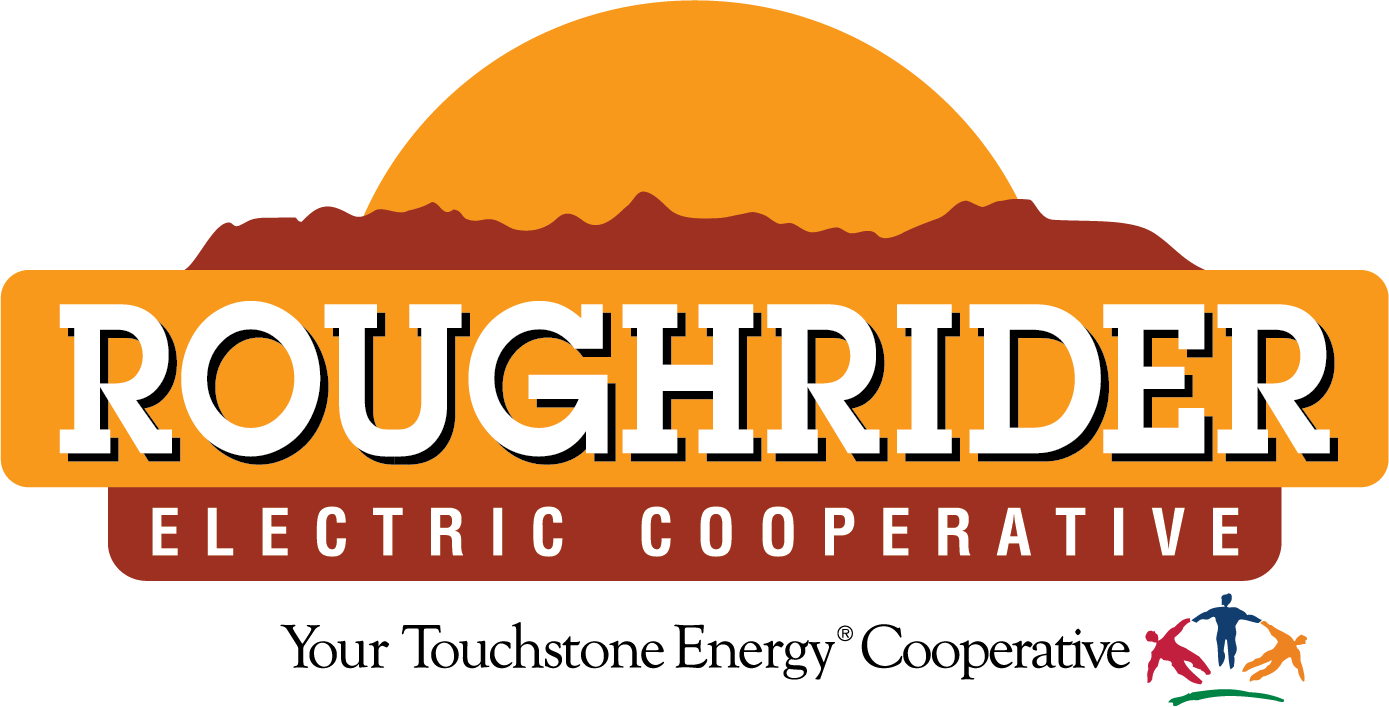Call 800-748-5533 24/7 to report an outage or other safety concerns.
Portable generators are useful during power outages, but if not used safely, they can cause injuries and death.
If it is necessary to use a portable generator, manufacturer recommendations and specifications must be strictly followed. If there are any questions regarding the operation or installation of the portable generator, a qualified electrician should be immediately contacted to assist in installation and start-up activities. The generator should always be positioned outside the structure.
The following tips are merely supplemental and are not intended to substitute reading of the Owners Manual for your specific generator.





